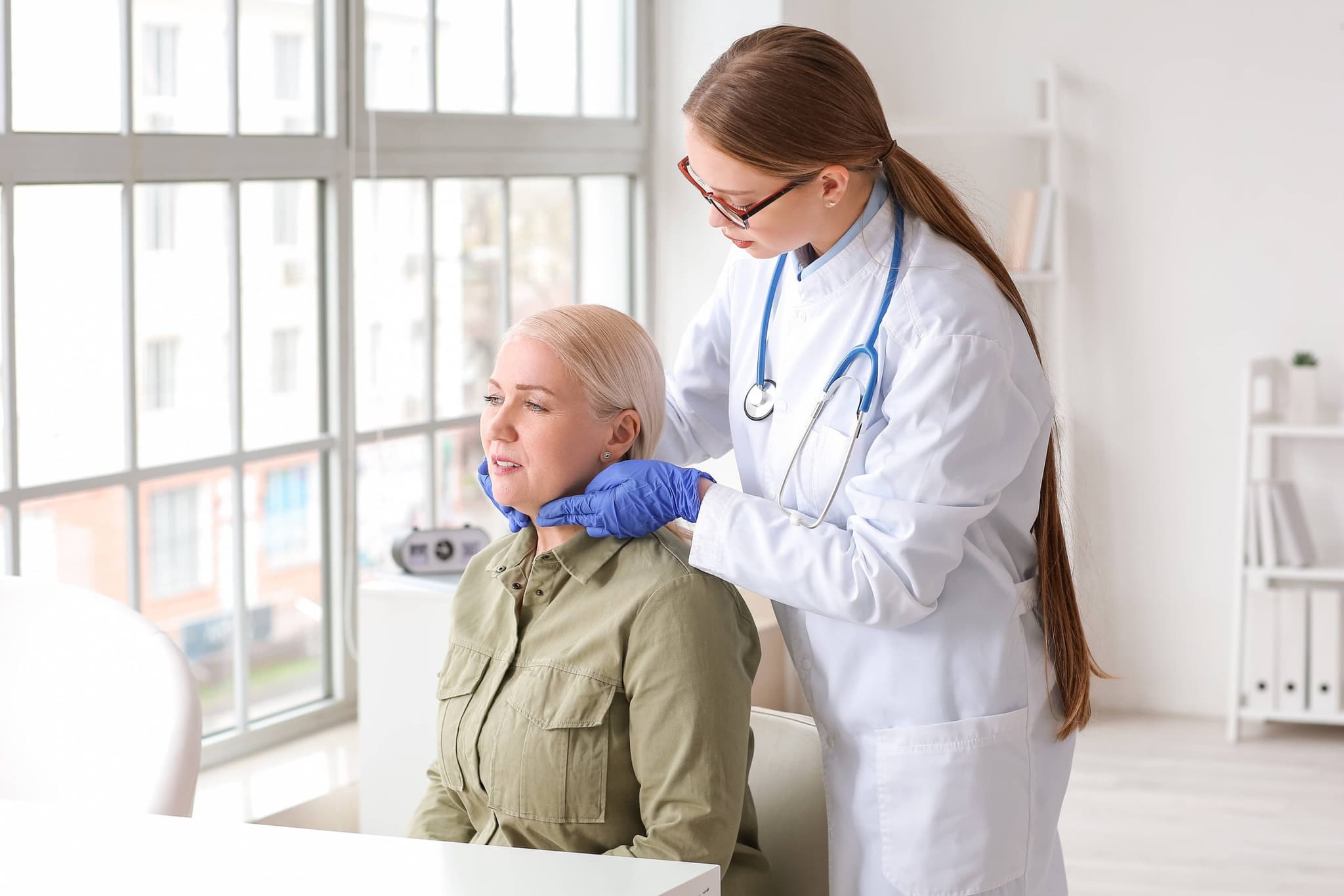
2025-05-07T13:59:05
Defying the Odds: How Revere Health Helped One Utah Woman Afford Live-Saving Cancer Treatment
- Cancer Center
- Medical Oncology
- Patient Testimonials
May 25, 2017 | Cancer Center • Hematology-Oncology • Medical Oncology
Specialties:Hematology-Medical Oncology

Breast cancer is the second-most common cancer diagnosed in women in the United States second to skin cancer. Men can also develop breast cancer, but it’s much more common in women.
As research and support for breast cancer have increased, breast cancer survival rates have increased as well. This is largely due to early detection, personalized treatment and better understanding of cancer. Here are risk factors to know, risk prevention practices and the best early detection methods for breast cancer.
Knowing the risk factors for cancer can help prevent it. Although there are some risk factors you can’t control, like age and genetics, other risk factors can be avoided through healthy lifestyle choices.
Lifestyle-related breast cancer risk factors (risk factors you can control) include:
Breast cancer risk factors you have no control over, but can still benefit from being aware of, include:
Several factors may influence breast cancer, but research has yet to prove a firm link. There are also several myths and controversies surrounding supposed breast cancer factors that have been disproved.
Many women who develop breast cancer don’t show noticeable symptoms that signal its onset. For this reason, there are screening tests available that women should have done regularly. The most common of these is a mammogram, a test that can detect breast changes years before cancer actually develops. Research shows that women who have mammograms are more likely to detect cancer early, less likely to need invasive treatment and more likely to be cured.
For the average woman, the following recommendations are given for frequency of mammograms:
These requirements are different for women at a higher risk of breast cancer. In addition, all women should know how their breasts normally look and feel, and report any changes to a healthcare provider immediately. Clinical and self breast exams have not been proven to increase cancer detection in women who already receive regular mammograms.
In addition, tests like breast ultrasounds, breast MRI exams and certain experimental imaging exams might help with breast cancer detection. If a positive diagnosis comes back, a biopsy will confirm it.
There are several areas you can look at to help reduce breast cancer risk. Medications are right for some people, but you should speak with your doctor about all the factors involved. For women at very high risk levels, certain preventive surgeries might be an option.
If you fall under several of the risk categories for breast cancer, talk to your doctor about your specific diagnosis and the options to help reduce your risk and prevent its onset.
*Note: No two cancer cases are alike. None of the statements herein are designed to suggest a “one size fits all” approach, and each case will be evaluated individually.
“Breast Cancer.” American Cancer Society. https://www.cancer.org/cancer/breast-cancer.html
“Breast cancer.” The Mayo Clinic. http://www.mayoclinic.org/diseases-conditions/breast-cancer/home/ovc-20207913
WRITTEN BY:
The Live Better Team

2025-05-07T13:59:05

2024-08-13T14:52:39

2023-04-06T14:20:05

2023-03-27T14:47:45
This information is not intended to replace the advice of a medical professional. You should always consult your doctor before making decisions about your health.